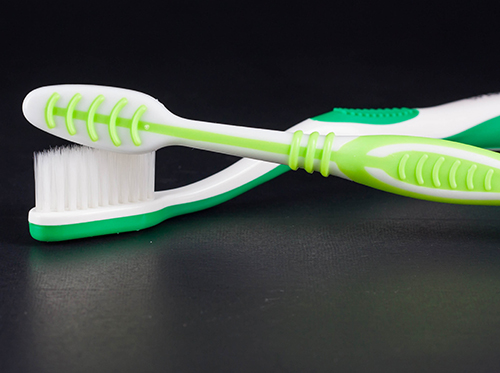Quit Smoking to Save Your Smile
December 25th, 2025

You have probably counted a hundred reasons to stop smoking. It’s unhealthy. It’s expensive. It annoys the people around you. You have to schedule your day around the next cigarette. But here’s reason number 101: Did you know that one of the many side effects of smoking is the damage it does to your smile?
Your Appearance
One of the most obvious results of smoking is the constant yellowing and discoloration of your teeth. Tobacco stains can take longer to remove with home brushing and whitening. And, while a professional cleaning and whitening will make a world of difference, all that good work is undone once you start smoking again.
More important, no smile looks its best with periodontal disease and tooth loss. Smoking has been linked to the presence of more harmful oral bacteria and higher occurrences of cavities and gingivitis (early gum disease). Periodontitis, or severe gum disease, is much more common among smokers. Tooth loss is also much more likely.
Healing after Dental Surgery
Smoking slows the healing process. It has been linked to a weaker immune system, so it’s harder to fight off an infection or to heal from one. And because of the harmful effect of smoking on bone tissue, there is a higher failure rate for dental implants among smokers. Bone density can be so compromised that an implant is not even an option.
Healing after Extractions
If you have a tooth extracted, the formation of a blood clot at the site of the removal is essential to avoid a condition called dry socket. Dry socket can lead to pain, serious infection, and other complications. Luckily, this clot is resilient and pretty hard to dislodge—unless you apply suction such as sipping through a straw or drawing smoke from a cigarette.
Oral Cancer
Research has shown that smoking is the single most serious risk factor for oral cancer. The good news is that this risk is cut dramatically if you quit!
Let Dr. Gregory Weaver help you maintain your smile. We can offer many more reasons to give up the smoking habit, and we are happy to offer suggestions for quitting during your next visit to our Raleigh, NC office. We want to protect your smile and your health as well. It doesn’t really matter which number on the list finally leads you to quit—every number on that list is your lucky number!



